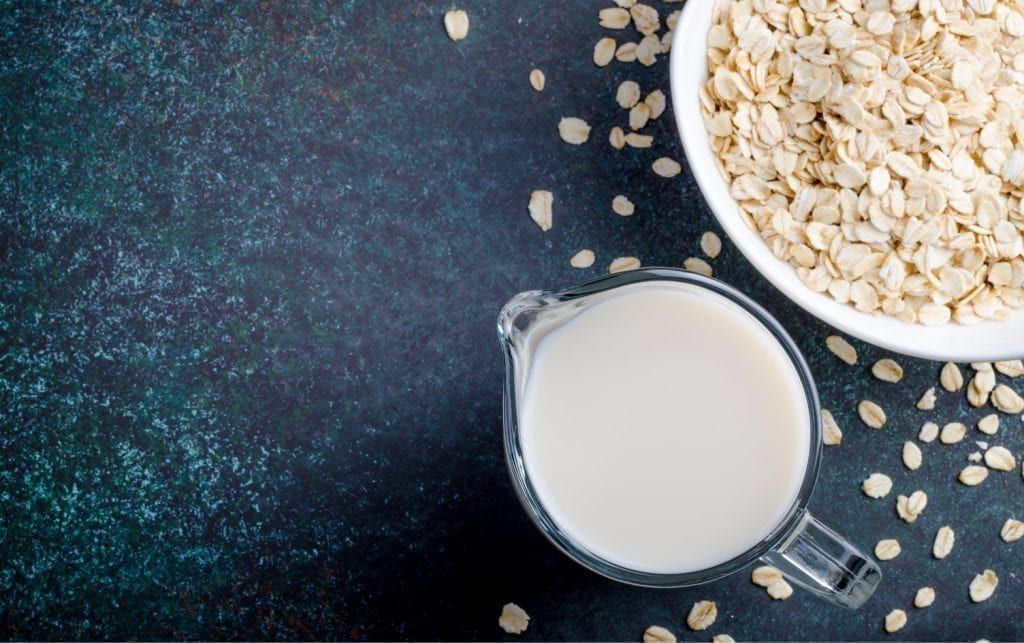A Dietitian Reacts to TikTok’s Viral Glycine Trend
Glycine—a single compound found in foods—is taking TikTok by storm.
The compound has been on the rise for a while, but recently went viral on social media thanks to an infomercial targeted towards “glycine girlies,” a niche group of young women obsessed with the up-and-coming supplement. But it’s sparked a conversation, with plenty of people wondering what exactly it is—and whether or not it’s worth taking.
To help answer those questions, we spoke with one of our registered dietitians Katherine Basbaum to dig into the science.
What is glycine?
Glycine is one of the amino acids, which are the building blocks of protein in your body. “It is considered a non-essential amino acid since the body can produce glycine, as opposed to essential amino acids, which can only be obtained from dietary sources,” Basbaum explains.
That said, the amount of glycine your body produces often isn’t enough to meet your daily needs. While you can buy glycine supplements, the amino acid is also naturally found in protein-rich foods like meat, poultry, fish and legumes.
The potential benefits
“Glycine’s main function is to help promote the growth and health of cells in the body,” Basbaum explains. However, research has shown there may be additional benefits to consuming the amino acid, which include:
How much glycine do you need for these benefits? Well, there’s no official Dietary Reference Intake for it (or any of the non-essential amino acids, for that matter). However, some studies suggest an intake of 1.5 to 3 grams per day. Basbaum says the average adult currently consumes about 2 grams per day.


How to incorporate glycine into your diet
If you want to up your glycine intake, Basbaum recommends prioritizing protein in your diet. “A good way to ensure adequate amino acid intake is through dietary protein such as meat, poultry, seafood, eggs, dairy, soy products, beans and legumes,” she says. You can track your protein intake through the MyFitnessPal app to get a good idea of your current consumption level.
And as for those trendy glycine supplements you might see all over TikTok, Basbaum advises against them for now. Instead, stick to real food. “Not only can you typically get all the nutrients your body needs through a balanced diet, but it is often a safer bet as dietary supplements are not regulated as rigorously by the FDA,” she cautions.
